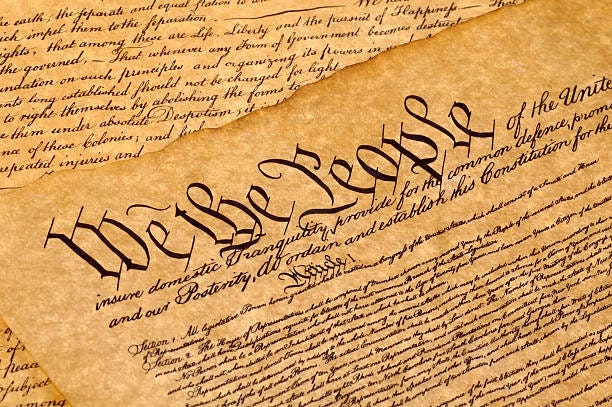We need to think clearly about how we as a people, and as individuals, can support the people of Ukraine, by our actions not just our words.
I hesitate to use the world “sacrifice.” Sacrifice, of home, of life, is what is happening in Ukraine. Most of us are being asked to cope with inconveniences. Higher prices for most of us are not a sacrifice. And for those that face hardships because they, like far too many Americans, live paycheck to paycheck, we expect the government to help them and the rest of us to support these government efforts.
Perhaps the President could have been clearer about our role in this once in a life-time crisis.
First, we can rattle, and force open, the doors of our partisan cages. We have locked ourselves into cells and some have thrown away the key, but that should be behind us as we regain our footing, our unity, our sanity as a nation. For those who will not join us, it is time to move forward without them. Feel for them with compassion, to be sure, but they cannot be allowed to distract us from our duty.
And then there are concrete actions we can take both as individuals and as a nation to weaken Russia’s hold on world oil markets.
1) In the very short run, release government oil reserves into the market. This is happening and we should support these decisions.
2) In the short run, reduce consumption. Here’s what we can do as individuals. Walk don’t drive. Set thermostats lower. And listen to advice about how to save more. As well, we should be proud to pay higher energy prices, as they reduce consumption and encourage oil companies to increase production.
3) In the longer run, boost production outside of Russia. Maybe this involves a settlement with Iran. More refineries in the U.S.? More natural gas extraction at existing sites? And tough diplomacy with other oil producing states to increase their production. As informed citizens and potential voters, we need to familiarize ourselves with these options, the costs as well as the benefits. These raise difficult questions about the role of U.S. diplomacy and energy policy in general.
4) In the longer run double down on alternative energy production. As long as the world is so dependent upon oil and gas for energy, we remain vulnerable to Russian threats. We can achieve this goal, but it requires an important role for government involvement, a controversial role. Like so many choices in today’s world this doesn’t come down to government or non-government ideological thinking. It involves the effective use of government power with a clear eye to consequences.
Finally, we need to accept that this is unlikely to be “solved” in a few weeks, months or even years. We need to prepare for a new normal—until we finally achieve a world without war and threat of war. We need to see the role of the U.S. as expanding partnerships with other nations, working with other peoples, not ordering them to fall into line with our interests.
Does this sound radical? Perhaps, but surely not partisan. Real solutions to real problems are, and should be, bipartisan. What rolls off the assembly lines of partisan media are not serious solutions to our problems. They are self-serving pronouncements from the politically ambitious and the arrogantly ignorant.
Now and for the long run, let us show the world that we in the United States are united in purpose, with compassion for those who risk their lives for freedom, and that we, this generation of Americans, believe as strongly as our forebearers, that democratic systems of government are the last best hope for a just and sustainable world. And that we are determined to show the world that such a system of government, our own democracy, can and does serve these interests.

